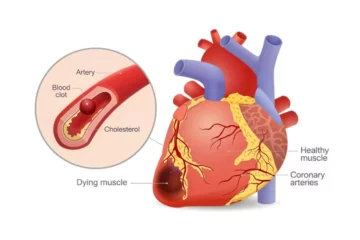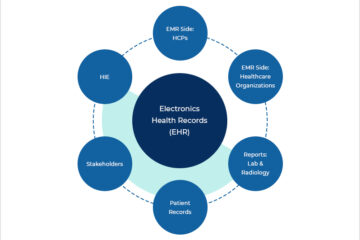
According to a research conducted by the George Washington University, despite high prevalence of obesity among US adults, provision of recommended treatments for obesity remains low.
Providers cite lack of time, lack of reimbursement, and lack of knowledge as major barriers to treating patients with obesity. The study assessed health care professionals’ (HCPs) knowledge of evidence-based guidelines for non-surgical treatment of obesity.
In this study, the authors conducted a web-based survey of a nationally representative sample of 1,506 internists, family practitioners, obstetricians/ gynaecologists, and nurse practitioners to determine their understanding of obesity treatment guidelines. The results indicate that most providers lack knowledge and understanding of recommended obesity treatments, such as behavioural counselling and pharmacotherapy.
Study author William Dietz said, “Our findings offer health professionals and medical educators a strong rationale for incorporating enhanced training on the prevention and management of obesity into their curricula.” The Obesity Society Spokesperson Ken Fujioka said, “This is a big-time paper that clearly demonstrates the lack of basic knowledge about obesity in the healthcare community. Admittedly, we have always known this, but this is clear evidence that we have a major problem because obesity is the most common disease seen in primary care.”
These findings strongly suggest that additional obesity training is needed. Additionally, in an accompanying editorial published in Obesity, Robert Kushner, MD, FTOS, examined the impact of this study. “The study suggests that more obesity education is needed among primary health care providers that focus on knowledge along with enhanced competencies in patient care management, communication, and behaviour change,” said Dr Kushner.
Overall, more obesity education and training are needed among healthcare professionals. The findings from this study are published in the journal Obesity.
[“source=hindustantimes”]



